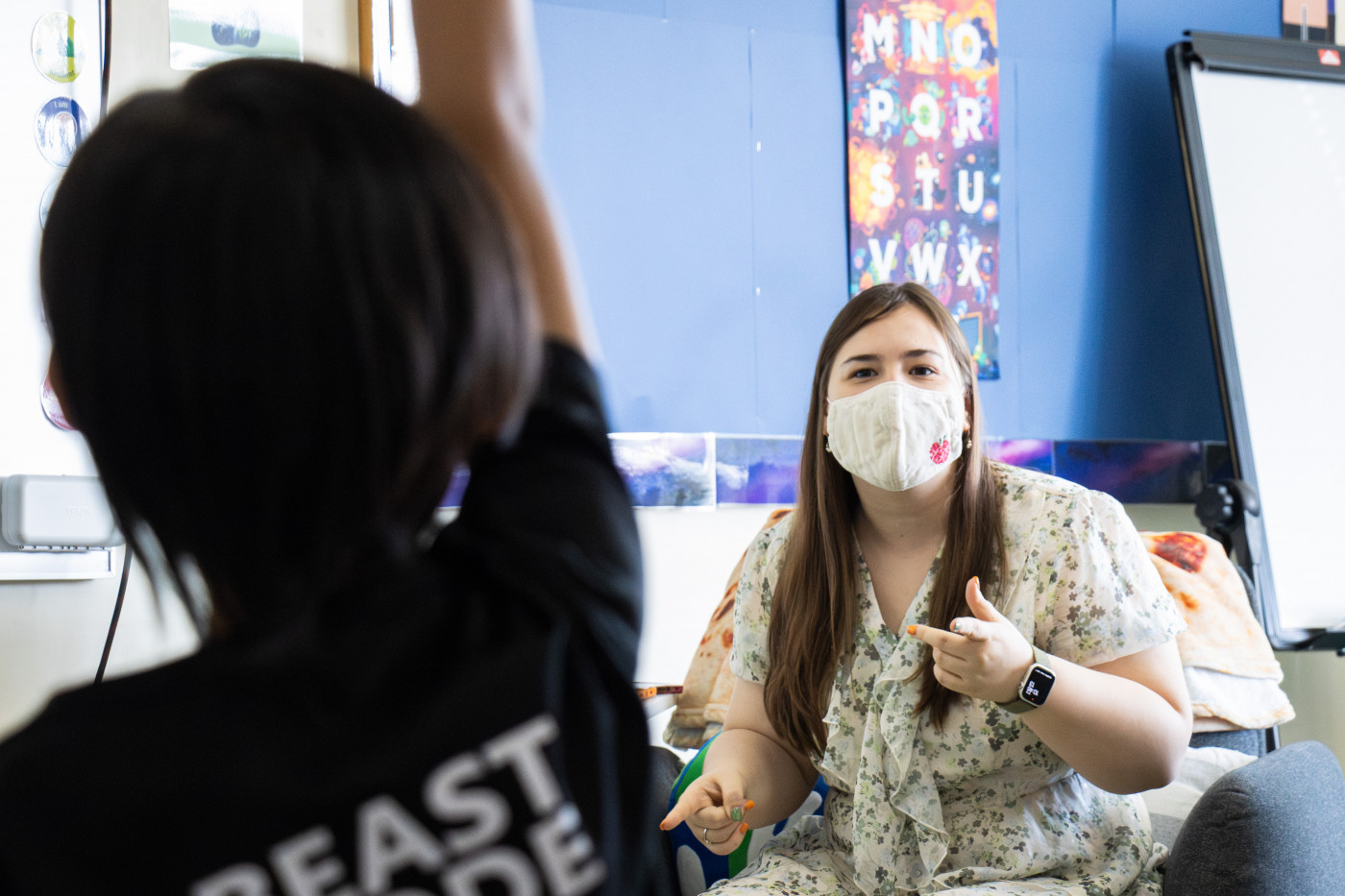
How TIS is Addressing AI in Education
During the week of October 9 to 13, TIS celebrated the Day of AI by engaging students in discussions about the significance of AI.
“What is AI? Why does it matter to us? And why should we care about it?”. These were the three fundamental questions Ms. Hanson asked her Grade 3 class. Before turning on a video that was supposed to introduce these 8-year olds students to what AI is, a student asked “Do we really need an introduction?”. It was a fair question: unless you’ve been living under a rock, you too are aware about AI already.
When asked to name one AI solution, they confidently shouted “Alexa!”, “Siri!” and “Xiao AI!”. And of course, “ChatGPT!” This makes you wonder how these children are using AI and what are the risks associated with it? It’s crucial for both students and adults to understand how to use AI safely, responsibly and ethically, and this is what this lesson is about: integrity.

Did you know that chat GPT is the fastest growing app, gaining 1 million users in only 5 days? The service’s overnight success blew previous figures of growth of other apps including Instagram and Netflix, and it’s here to stay. That is why it is important to let children explore how they can use it safely, responsibly and ethically. Ensuring Online Safety Together: |
So how did we learn what is right and what is wrong when using AI? Enter the Traffic Light exercise, designed by Ms. Fenwick-Ross, our STEAM Integration Facilitator. With her expertise and creativity, Ms. Fenwick-Ross crafted an engaging and thought-provoking activity to help our elementary students gain deeper appreciation for the responsible use of AI and technology. This exercise served as the foundation of the lessons that were carried out in the different elementary grades.
With big words such as “ethics” and “integrity”, Ms. Hanson explained that they were going to do an exercise where they had the opportunity to contemplate the ethical consideration of using AI. In other words, students were about to question, and think about what’s wrong and what’s right, specifically when using AI.
The day’s “hander-outers” students picked up the A3 paper sheets and distributed them to the groups that were already set up. In one sheet, a traffic light image had words that read “Not acceptable” on the red light, “Be cautious” on the yellow light and “encouraged” on the green light.
Essay writing | Cheating on exams | Test preparation |
Checking grammar | Research assistance | Personalised learning |
Creative writing prompts | Study budy | Language practice |


On another paper, examples like “checking grammar”, “cheating on exams” and “essay writing” which students had to cut out and discuss each word or sentence’s category in the traffic light, according to what they thought they should or shouldn't use AI for in schools. They engaged in discussions, arguments and collective decision-making, exploring each other's thinking, logic and values.

How about you? Where would you glue “study buddy”, “research assistant”, “language practice”, “test preparation” onto the traffic light? We encourage you to do this exercise, and discuss the answers with your child.




The Traffic Light exercise was specifically conducted for the Elementary level. This simple yet effective exercise promoted critical thinking and discussion among our students, starting from as young as the elementary years, extending to the Secondary levels. At this level, students delved deeper into questions about how AI interacts with humans, how it learns, how its perception works, algorithms, and how it processes words, images, and even sound.
These topics were explored in greater detail but in both divisions, students examined the accuracy of AI, how intricate it is, how to interact with it responsibly and remember to critically evaluate the information presented by an AI. The ultimate goal was to encourage students to put on their thinking caps and, with a critical mindset and reflect on their own integrity when engaging with AI.



